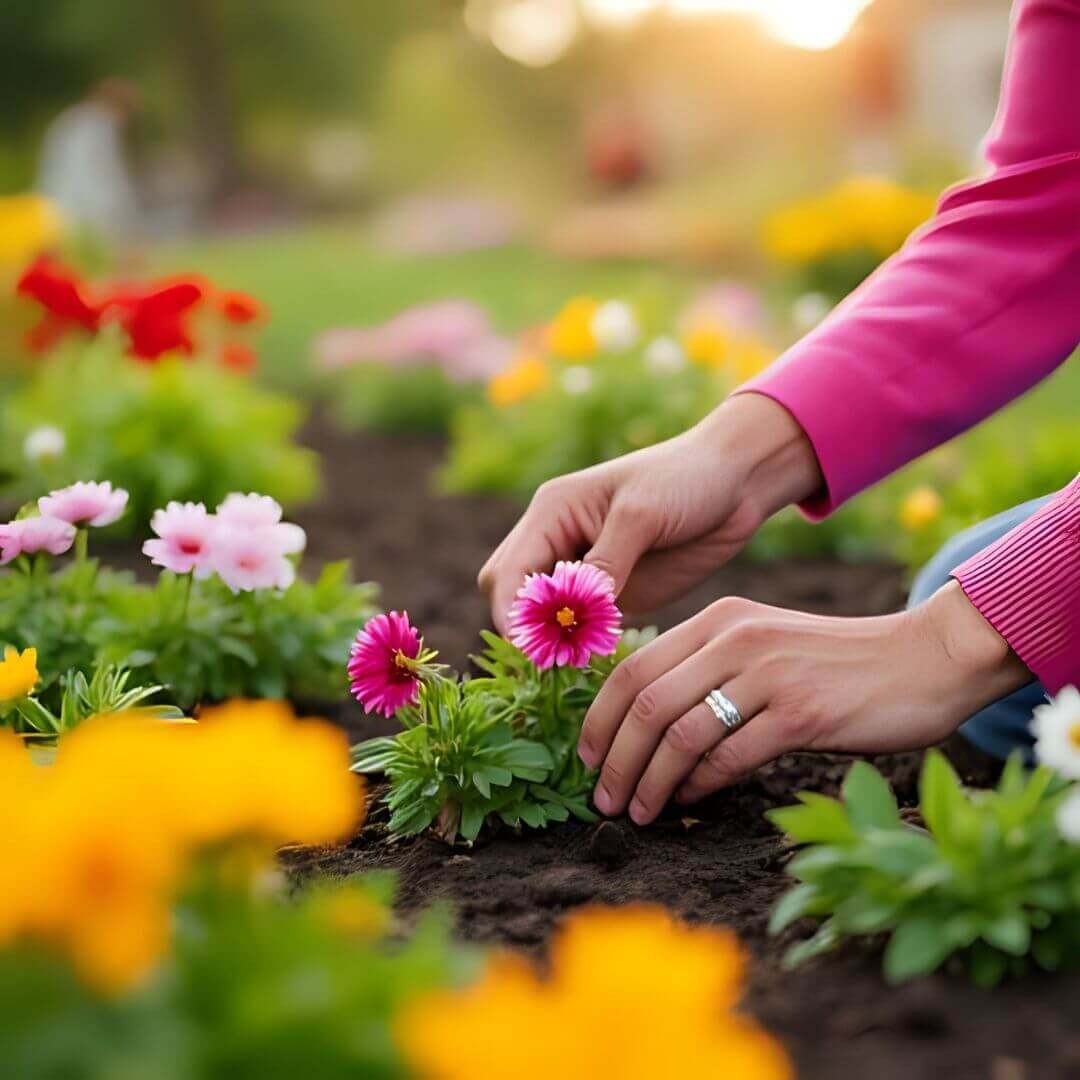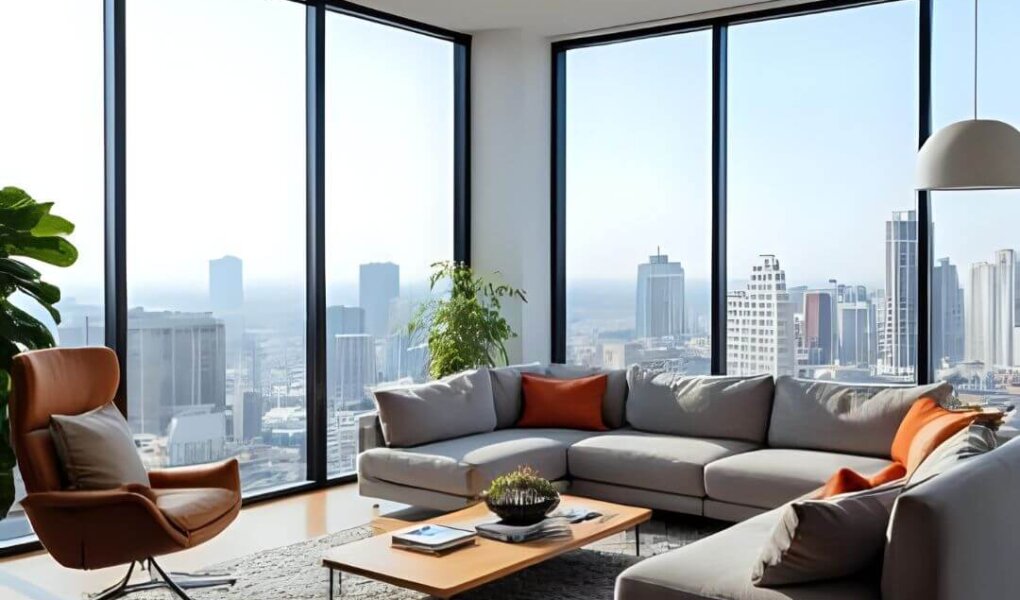Minimalist living has gained immense popularity in recent years, with more people embracing the idea of simplifying their lives. At its core, minimalism is about reducing the excess and focusing on what truly matters. The central philosophy is that less is more, aiming to eliminate distractions and create space for things that add true value.
From decluttering physical possessions to reducing mental and emotional overload, minimalist living encourages individuals to be more intentional about how they live.
But does Minimalist Living Does Less Really Mean More? Is living with less truly the path to a more fulfilling and meaningful life? In this article, we will explore the principles of minimalist living, the benefits it offers, the challenges that come with it, and yes or no on how to adopt this lifestyle successfully.
What is Minimalist Living?
Minimalist living isn’t just about owning fewer items; it’s a philosophy and a way of life. It extends beyond physical possessions and encompasses mental and emotional decluttering as well. Minimalism encourages individuals to evaluate every aspect of their life, from what they own to how they spend their time, and focus on only the things that add meaning.
By stripping away the unnecessary, minimalists aim to create room for what truly brings value—whether it’s relationships, personal growth, or experiences.
For many, Minimalist Living Does Less Really Mean More by fostering clarity, joy, and a sense of purpose. This lifestyle allows individuals to cut through the noise of modern society and focus on what truly matters, be it in terms of relationships, career goals, or personal well-being.
Core Principles of Minimalism
- Decluttering: One of the most recognizable aspects of minimalism is the process of decluttering your physical space. This involves getting rid of items that no longer serve a functional purpose or contribute to your happiness.
- Intentionality: Minimalism encourages making conscious decisions about your possessions, time, and energy. It’s about being intentional with everything you own and every commitment you make.
- Simplicity: Simplicity in minimalism doesn’t mean stripping everything away. Rather, it’s about simplifying your routines, possessions, and responsibilities so you can focus on the things that matter most.
The Benefits of Minimalist Living
1. Mental Clarity and Focus

Living in a cluttered environment often leads to mental chaos. Studies show that a cluttered space can increase stress and make it difficult to concentrate. Minimalist Living Does Less Really Mean More when it comes to mental clarity, as a minimalist environment encourages a clear, calm, and focused mindset.
By removing distractions and reducing visual overload, individuals can improve their ability to focus on tasks that matter.
Minimalism also helps in reducing decision fatigue. When you own fewer things, you’re not constantly faced with choices about what to wear, what to do, or what to buy. The mental clarity gained from living minimally can improve productivity and creativity, helping individuals stay focused on their goals.
2. Reduced Stress and Anxiety
Research has shown that living in cluttered environments can increase cortisol levels, the hormone associated with stress. In contrast, minimalism can help individuals reduce this stress by promoting order and organization. By focusing on fewer possessions and obligations, minimalist living fosters a sense of calmness and stability.
Minimalist Living Does Less Really Mean More when it comes to reducing anxiety, as individuals are no longer overwhelmed by excessive possessions or commitments.
Many minimalists report feeling less stressed and more in control of their lives. They are able to approach tasks with a clearer mind and make decisions that align with their values, leading to less stress and more satisfaction.
3. Financial Savings
In a consumer-driven society, many people find themselves caught up in the cycle of purchasing unnecessary items to feel satisfied. However, minimalist living encourages conscious spending and prioritizes quality over quantity. By buying fewer items and focusing on what is truly necessary, individuals can significantly reduce their expenses.
Minimalist Living Does Less Really Mean More in financial terms, as it allows individuals to save more money for experiences or future goals, rather than spending on material possessions.
Minimalism also teaches the value of durability and longevity. Instead of constantly replacing cheap, disposable items, minimalists opt for high-quality goods that will last longer, reducing waste and saving money over time.
4. More Time for What Matters

In a world where time seems to slip away quickly, minimalist living offers a solution. By simplifying your life and reducing distractions, you free up time to focus on what really matters. Whether it’s spending more time with family, pursuing a passion, or taking time for self-care, minimalism creates the space to do the things you love.
Minimalist Living Does Less Really Mean More in terms of time because it allows individuals to focus their energy on what truly brings them joy.
By eliminating the need to constantly maintain and organize possessions, minimalists find themselves with more time to invest in relationships and personal growth. This increased time for meaningful activities enhances life satisfaction and well-being.
5. Environmental Impact
The minimalist lifestyle also has a positive impact on the environment. By consuming less, minimalists contribute to the reduction of waste and environmental degradation. Instead of buying fast fashion or disposable products, minimalists focus on purchasing high-quality, sustainable goods.
Minimalist Living Does Less Really Mean More for the planet, as it encourages conscious consumption and helps reduce the carbon footprint.
Minimalism is closely tied to sustainability, as it promotes mindful purchasing, reducing waste, and reusing products. By choosing items that are durable and eco-friendly, minimalists contribute to a more sustainable world.
The Challenges of Minimalist Living
1. Social Perceptions
Despite its growing popularity, minimalist living is still seen as unconventional in many circles. In a society where success is often defined by material wealth, living with less can be perceived as a rejection of societal norms. Minimalist Living Does Less Really Mean More, but the societal pressure to own more and consume more can make it difficult for individuals to fully embrace this lifestyle.
Many people worry about how others will perceive them if they choose to live with less. They might fear being judged for not keeping up with consumer trends or for prioritizing experiences over possessions. However, embracing minimalism requires strength and confidence, as the benefits far outweigh the judgment from others.
2. Emotional Attachments to Possessions
For many, letting go of possessions with sentimental value can be one of the hardest parts of minimalism. Items such as family heirlooms, gifts, or mementos from important life events hold deep emotional significance. Minimalist Living Does Less Really Mean More in terms of emotional freedom, but it requires individuals to assess their emotional attachment to things.
The process of decluttering often involves confronting feelings of attachment, and for many, this can be emotionally challenging. However, minimalism encourages individuals to focus on the experiences and relationships that bring true value, rather than holding onto material possessions that no longer serve them.
3. Over-Optimization
One potential downside of minimalism is the risk of over-optimization. Some people may become obsessed with reducing every aspect of their life, aiming for perfection. This constant striving for simplicity can lead to stress and burnout, contradicting the intended benefits of minimalist living.
Minimalist Living Does Less Really Mean More when approached with balance, not perfection. It’s important not to let the pursuit of simplicity become another source of stress.
Minimalism should bring freedom, not more anxiety. It’s essential to remember that minimalism is about reducing the excess—not achieving perfection in every area of life.
4. The Effort of Transitioning
Switching to a minimalist lifestyle can be overwhelming, especially for those who have accumulated a lot of possessions over time. The process of decluttering and simplifying can take time and emotional energy. Minimalist Living Does Less Really Mean More when approached gradually, taking one step at a time. It’s important to understand that transitioning to minimalism doesn’t need to be rushed.
The key to success is to start small and focus on the benefits of living more intentionally. With patience and time, the transition to minimalism can be incredibly rewarding.
Real-Life Experiences
Stories of Transformation
Many individuals who have embraced minimalist living share transformative stories. One person recounts how embracing minimalism allowed them to focus on their health and relationships, which brought them more joy and fulfillment. By decluttering their home, they were able to clear mental space and spend more time doing things they love.
Another minimalist shared how living with fewer possessions allowed them to travel more, pursue their passions, and cultivate deeper connections with others. These real-life examples show how Minimalist Living Does Less Really Mean More when it’s aligned with one’s values.
Online Communities
Online communities, such as Reddit’s r/minimalism, have created a space for individuals to share their minimalist journeys. These forums allow people to exchange tips, share challenges, and offer support to others who are transitioning to a minimalist lifestyle. Minimalist Living Does Less Really Mean More because these communities foster a sense of belonging and encourage individuals to embrace simplicity.
By connecting with others, minimalists find encouragement to continue their journey and share practical advice. These online spaces also provide valuable insights into how minimalism can be adapted to fit different lifestyles and priorities.
Practical Tips for Embracing Minimalism
Start Small
If you’re considering adopting a minimalist lifestyle, it’s important to start with small steps. Begin by decluttering a single area of your home, such as a closet or desk. Minimalist Living Does Less Really Mean More when you take gradual steps to simplify your life. Once you’ve mastered one area, you can expand your efforts to other parts of your life, such as your time management and commitments.
Adapting Minimalism
Minimalism is not a one-size-fits-all approach. It’s about finding what works for you. Some people may choose to simplify their living spaces, while others focus on reducing their digital clutter or simplifying their social obligations. Minimalist Living Does Less Really Mean More when it’s tailored to your unique circumstances. The key is to embrace the principles of minimalism without feeling pressured to meet unrealistic standards.
FAQs
1. Is minimalism just about decluttering?
No, minimalism is about simplifying all areas of life, not just physical possessions. It includes mental, emotional, and even digital decluttering. Minimalist Living Does Less Really Mean More when you simplify all areas of life.
2. Can minimalism save money?
Yes, minimalism can save money by encouraging individuals to buy only what they need and value. It reduces unnecessary spending and often leads to more mindful purchasing decisions.
3. Is minimalism suitable for everyone?
Minimalism may not be for everyone, as it requires a shift in mindset. However, many find that it brings greater peace, clarity, and fulfillment by focusing on what truly matters.
4. How do I begin living a minimalist lifestyle?
Start small by decluttering a single area of your life, whether it’s your home, your schedule, or your commitments. Gradually expand your minimalist habits and make intentional choices that align with your priorities.
5. Does minimalism mean giving up all luxuries?
Minimalism doesn’t require giving up all luxuries, but it encourages evaluating whether those luxuries add value to your life. Minimalist Living Does Less Really Mean More when you focus on quality over quantity.
Conclusion: Does Less Really Mean More?
Minimalist living offers numerous benefits, from reduced stress and greater mental clarity to financial savings and more time for what matters. However, it is not without its challenges. Social perceptions, emotional attachments, and the effort required to transition can make it difficult for some people to fully embrace minimalism.
Ultimately, Minimalist Living Does Less Really Mean More? For many, it does. By embracing minimalism, individuals often find that less truly is more—more peace, more time, more focus, and more fulfillment. It’s about living intentionally and aligning your life with your values. By focusing on quality rather than quantity, minimalism allows individuals to live a more purposeful and rewarding life.



